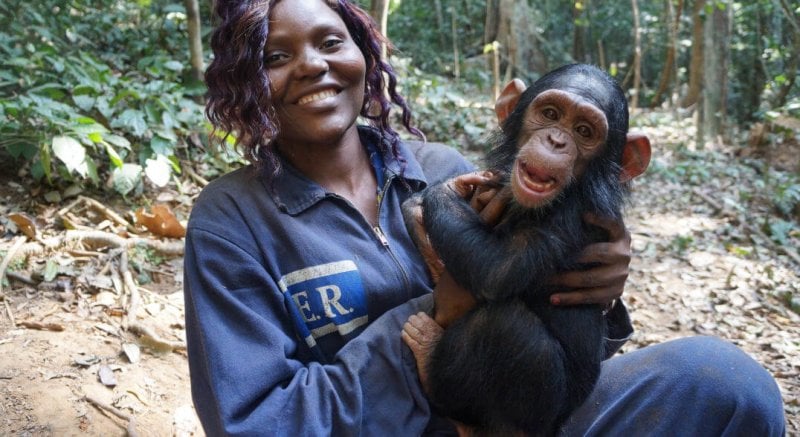[C]ompared to chimpanzees, what makes us special is apparently our outsized capacity for serious mental illnesses and weird facial shapes, according to two new studies published in the journals Nature, and Nature Genetics, respectively.
Specifically, the researchers found a substantial disparity in the expression of the gene SSTR2, which modifies the activity of neurons in the cerebral cortex — and has shown links in humans to neuropsychiatric diseases (like Alzheimer’s dementia and schizophrenia) — in addition to the gene EVC2, which gives our faces their weird, human shape.
“It’s important to study human evolution, not only to understand where we came from, but also why humans get so many diseases that aren’t seen in other species,” said recent Stanford graduate student Rachel Agoglia and lead author of the Nature study.
Agoglia’s study examines a new technique that fuses human and chimpanzee skin cells modulated to function like stem cells — which are highly-malleable and may be molded into a wide spectrum of other cell types.
Since these neurological vulnerabilities likely happened when our evolutionary path diverged from other hominids, it may one day be possible to reduce a human brain’s susceptibility to mental illness. Provided mental illness is a bug — and not a feature — of human brains.































